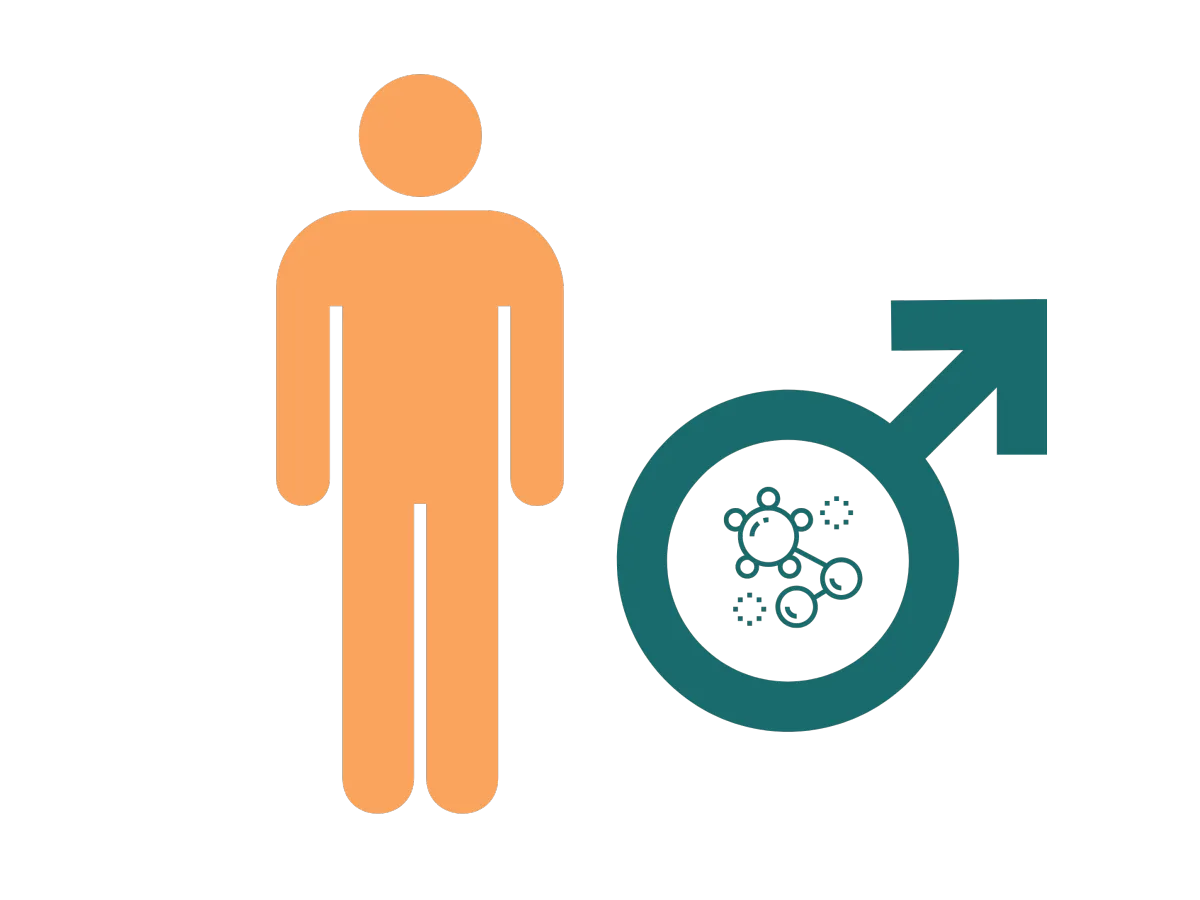
What’s Really Messing With Your Hormones? Understanding the Root of Midlife Imbalance
If you're feeling more tired, moody, bloated, or just not yourself lately, you're not imagining it—and you're definitely not overreacting.
Hormones influence everything from your energy and mood to sleep, weight, and focus. When they’re off, even just slightly, you feel it.
Midlife brings natural hormone fluctuations, but that doesn’t mean you're supposed to struggle. The real question is: what's throwing them off?
The Common Culprits Behind Hormone Disruption
Let’s connect the dots between daily life and hormonal chaos:

Chronic Stress
Ongoing stress triggers cortisol overproduction, which depletes progesterone and interferes with thyroid function. This combination often leads to mood swings, sleep disruption, weight gain, and irregular cycles.
Processed Foods and Blood Sugar Swings
Excess sugar, caffeine, and ultra-processed meals spike insulin, which throws off estrogen and testosterone balance. The result? Fatigue, inflammation, and cravings that never seem to end.
Environmental Toxins
Plastics, synthetic fragrances, pesticides, and many personal care products contain endocrine disruptors—chemicals that mimic or block your natural hormones.
Sleep Deprivation
Inconsistent or poor-quality sleep suppresses melatonin and disrupts cortisol rhythms. This can also affect your hunger hormones, making you hungrier during the day and more prone to weight gain and burnout.
Underlying Health Changes
Menopause, perimenopause, PCOS, thyroid disorders, or the impact of long-term birth control use can alter hormone production and metabolism, often without clear warning signs.

A Grounded Approach to Hormone Reset
Supporting your hormones starts with daily practices that send your body the message: it’s safe to rest, digest, and rebalance. Here’s how:
1. Focus on Whole Foods
Minimize packaged snacks and refined sugar. Instead, fill your plate with fiber-rich vegetables, quality protein, and healthy fats like olive oil, avocado, and seeds.
2. Prioritize Protein at Breakfast
Start your day with stabilizing meals—think eggs, a protein smoothie, or Greek yogurt with berries. Balanced blood sugar means fewer crashes and cravings.
3. Protect Your Sleep
Aim for 7 to 9 hours each night. Power down screens an hour before bed, and consider a wind-down routine with dim lights, herbal tea, or magnesium-rich Epsom salt baths.
4. Move Gently but Consistently
Strength training, walking, Pilates, or yoga support metabolism and hormone regulation. No need to exhaust yourself—consistency and recovery are key.

5. Reduce Stress, Even Briefly
Take five minutes to breathe deeply, go outside, or listen to calming music. These simple moments shift your nervous system and support adrenal health.
6. Support Your Gut
Your microbiome plays a major role in estrogen metabolism. Eat fermented foods like kefir or sauerkraut, and include fiber from leafy greens, flaxseed, and beans.
7. Hydrate and Mineralize
Aim for half your body weight in ounces of water each day. Add a pinch of sea salt or a magnesium supplement if you’re prone to fatigue or cramping.
8. Track Your Cycle
Apps like Clue or Natural Cycles help you understand hormonal shifts across your cycle, making it easier to plan nutrition, exercise, and rest around your body's rhythm.
9. Choose Non-Toxic When Possible
Switch to fragrance-free and low-tox personal care and cleaning products. Your hormone receptors will thank you.
10. Be Gentle with Yourself
You don’t need a perfect routine to support your hormones. Small steps—like preparing one nourishing meal, stretching for ten minutes, or skipping the afternoon coffee—can make a difference.
Functional Testing: Get the Full Picture
Guessing gets frustrating. If symptoms persist, it’s time to look under the hood. These tests can help us identify what's really driving your hormone imbalance:

Saliva or DUTCH Hormone Testing
Tracks cortisol, estrogen, progesterone, and testosterone across the day to reveal your unique hormone patterns.
Micronutrient Panels
Reveal key deficiencies in magnesium, B vitamins, or antioxidants that can block hormone repair.
Food Sensitivity and Gut Testing
Identify inflammation, leaky gut, or hidden immune reactions that stress your system and interfere with hormone detox.
Thyroid and Adrenal Testing
Measures TSH, T3, T4, reverse T3, and antibodies to uncover sluggish thyroid function or autoimmune activity.
If you’re ready to explore hormone testing, personalized menopause support, and root cause solutions tailored to life in New Hampshire, please visit https://holisticandhormonal.org/ to book your free consultation.











